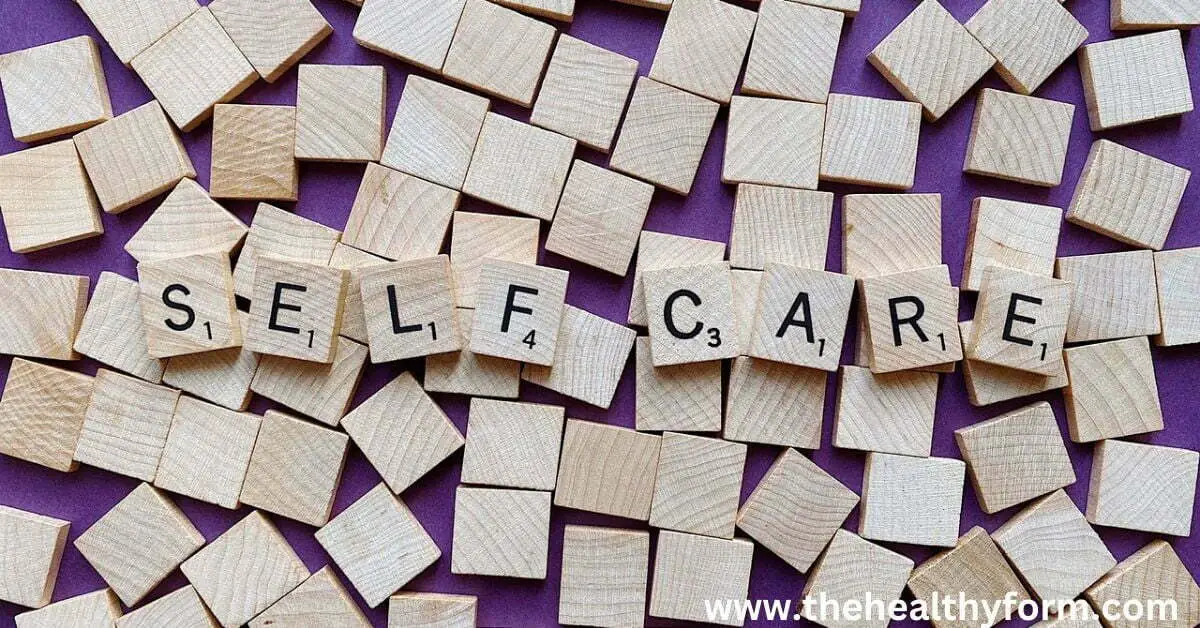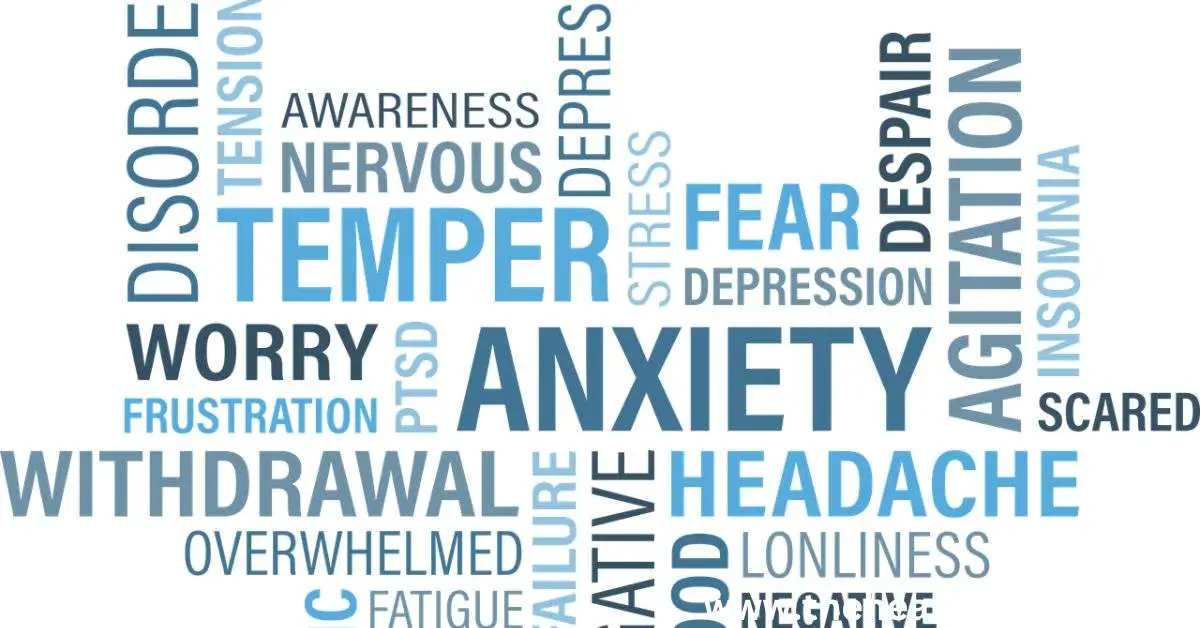Discover The Impact of Chronic Illness on Relationships
This comprehensive guide explores the impact of chronic illness on relationships and provides practical solutions for improving communication, managing stress, and finding support.
Living with a chronic illness can profoundly influence relationships. It’s like an unexpected guest that lingers, altering our known dynamics. Often, the focus shifts from the trivial to the significant—from a bad day at work to managing health together. Relationships might bend under the weight of doctor’s appointments, fluctuating energy levels, and emotional ups and downs. Partners become caregivers, and friends become pillars of support. Communication deepens as vulnerability increases. While challenges surface, so does resilience. Chronic illness redefines relationships, showcasing their adaptability and the power of compassion, turning them into steadfast alliances against the storm.

Relationship Challenges with Chronic Illness
The impact of Chronic Illness on Relationships is a complicated and frequently unexplored territory. When a person is diagnosed with a chronic illness, it can drastically alter their life and the dynamics of their relationships. Chronic illness can bring many challenges to relationships, including changes in roles and responsibilities, communication difficulties, and the impact of symptoms on intimacy and connection.
- Changes in roles and responsibilities: Chronic illness can lead to roles and responsibilities within relationships, as one partner may need to take on more caregiving responsibilities or be unable to work or participate in activities as before. These changes can be challenging and may lead to resentment or frustration.
- Communication difficulties: Chronic illness can bring added stress and challenges to relationships, and it is important to find ways to communicate effectively with loved ones about your needs and feelings. It can be helpful to set aside time for open and honest communication and to seek the support of a therapist or counselor if needed.
- Impact on intimacy and connection: Chronic illness can also impact intimacy and connection in relationships. Physical limitations or changes in body image can affect physical intimacy, and chronic illness’s added stress and demands can affect emotional intimacy. It is important to find ways to maintain intimacy and connection despite the challenges of chronic illness.
Communication Strategies for Sharing Chronic Illness Needs
Effective communication is crucial in managing the impact of chronic illness on relationships. It is important to be open and honest with loved ones about your needs and limitations and to seek their support and understanding. Some strategies for communicating with loved ones about your needs and limitations related to chronic illness include.
- Being transparent and specific about your needs: It can be helpful to be clear and specific about your needs and limitations rather than expecting loved ones to understand automatically. This may involve expressing your needs concretely and providing examples of how loved ones can help.
- Being open and honest about your feelings: It is also important to be open and honest about your feelings and emotions related to chronic illness. This may involve sharing your fears, doubts, or insecurities and seeking support and understanding from loved ones.
- Seeking support and guidance: If you are struggling with communication or finding it difficult to express your needs, it may be helpful to seek the support of a therapist or counselor. These professionals can provide tools and strategies for effective communication and help you navigate chronic illness challenges in relationships.
Strategies for Maintaining Intimacy in Relationships Amid Chronic Illness
Maintaining intimacy and connection in relationships affected by chronic illness can be challenging, but it is important for the overall well-being of both partners.
- To be physically close in ways that are easy and fun for both people, you may need to try different situations or activities that work with your body. Or finding other ways to show love physically, like holding hands or hugging.
- People who have a chronic disease often focus on their physical needs, but it’s also important to make time for mental and social connections. Making time for deep talks, telling each other how much you love and appreciate them, or doing activities or sports together can all help with this.
- It might help to talk to a therapist or psychologist if you are having trouble keeping the closeness and connection in your relationship. These professionals can give you tools and tips for staying close and intimate, and they can also help you deal with the problems that come up when someone in your relationship has a chronic illness.
- Also, remember to be patient with yourself and your partner as you deal with the problems that come up when someone in your relationship has a chronic illness. Having a chronic disease can mean a lot of changes and difficulties, and it may take some time to get used to the new normal. Being open and honest about your thoughts and wants is important. When you need help or advice, you should also get it.
FAQ about The Impact of Chronic Illness on Relationships
Here are some of the most common questions people have about the impact of chronic illness on relationships:
How can chronic illness affect a relationship?
Chronic illness can put a strain on a relationship in various ways. The person with the illness may require more care and attention, which can tax their partner. The illness may also affect the couple’s emotional and physical intimacy. In addition, the financial burden of medical treatment can be stressful for both partners.
Can chronic illness lead to breakups or divorce?
If not properly managed, chronic illness can lead to breakups or divorce. The added stress of managing an illness can strain the relationship. If the couple is not communicating effectively or seeking help, it can lead to a breakdown in the relationship.
How can couples cope with chronic illness in their relationship?
Communication is key when coping with chronic illness in a relationship. Couples should discuss how the illness affects them and their relationship and work together to find solutions. Seeking support from healthcare professionals and support groups can also be beneficial.
How can a partner support their significant other with a chronic illness?
A partner can be supportive by being understanding, patient, and compassionate. They can help their significant other manage their illness by assisting with appointments, medications, and daily tasks. They should also prioritize their self-care to avoid burnout.
How can couples maintain intimacy while dealing with chronic illness?
Maintaining intimacy can be challenging, but there are ways to keep the spark alive. Couples can explore new ways of being intimate, such as cuddling, holding hands, or engaging in non-sexual activities together. They can also openly communicate their needs and concerns and seek support from healthcare professionals or counselors if needed.
How can chronic illness affect a couple’s sex life?
Chronic illness can affect a couple’s sex life in various ways, such as decreased libido, pain during intercourse, or difficulty achieving orgasm. Couples must communicate openly about concerns and work together to find solutions, such as trying new positions or exploring alternative forms of intimacy. Seeking guidance from healthcare professionals or therapists can also be helpful.
Conclusion
Understanding the impact of chronic illness on relationships is crucial for both patients and their loved ones. Chronic illness can significantly impact relationships, leading to changes in roles and responsibilities, communication difficulties, and challenges related to intimacy and connection. Effective communication and finding ways to maintain intimacy and connection despite the challenges of chronic illness are crucial in managing the impact on relationships. It is important to be patient with yourself and your partner as you navigate the challenges of chronic illness and seek support and guidance when needed. By working together and finding ways to adapt, relationships affected by chronic illness can continue to thrive and grow.



